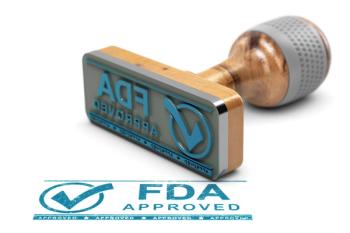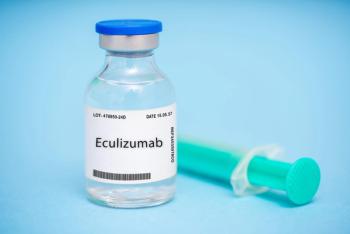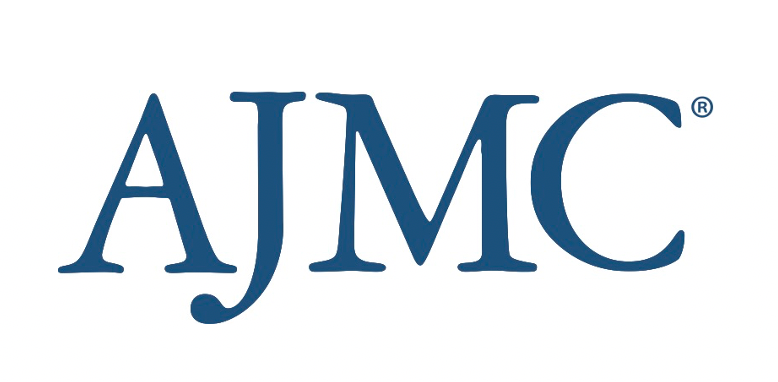
Biosimilars
Latest News
Latest Videos

More News

While the first ustekinumab biosimilar, Wezlana, was approved in October 2023, a settlement with Johnson & Johnson (J&J) will keep it off the market until 2025, preventing competition, and causing purchasers to pay substantially more for the agent.

The most popular content from our Asembia coverage largely covered biosimilars.

Through interviews and contributed content, Strategic Alliance Partnerships provide insights into changes in health care delivery and medicine.

Bio-Thera Solutions’ Avzivi (bevacizumab-tnjn) has become the fifth biosimilar referencing Avastin (bevacizumab) to be approved in the United States.

In 2023, adalimumab biosimilars took center stage in the biosimilar space due to 8 long-anticipated products finally launching.

The government of Australia’s pricing policy links the price of new medications with similar safety and efficacy, resulting in significant savings over the first 3 years after the etanercept biosimilar Brenzys was introduced.

Patients with inflammatory bowel disease (IBD) receive additional evidence on the safety and efficacy of adalimumab biosimilar GP2017 treatment.

ABP 959, an eculizumab biosimilar in development, has demonstrated similar efficacy and pharmacokinetics to the reference product for patients with paroxysmal nocturnal hemoglobinuria (PNH), according to research at the 2023 American Society of Hematology Annual Meeting.

A mandatory nationwide transition from reference adalimumab to a biosimilar was implemented in New Zealand.

As part of updates to its standard formulary, CVS Caremark has removed Amjevita and now prefers Hyrimoz and an unbranded biosimilar.

Health plan type highly influences the likelihood of biosimilar uptake, with low-flexibility insurance plans more likely to have patients who either switched to a biosimilar or were initiated on a biosimilar.

A simulation study estimated the impact of biosimilar substitution on total cost of care (TCOC) and provider financial performance in the final performance period of the Oncology Care Model.

HADLIMA is currently indicated for psoriatic arthritis, plaque psoriasis, and hidradenitis suppurativa, among others.

Reporting on the real-world utilization of reference rituximab and its biosimilars can help show prescribing habits and reveal cost-saving opportunities.

Wezlana is the first biosimilar to reference Stelara approved in the United States. The product will launch in 2025.

The ranibizumab biosimilar was the first in ophthalmology to the US market in 2022, but its competition has already had a year of interchangeability exclusivity.

The results for a proposed aflibercept (Eylea) biosimilar and an accepted ranibizumab (Lucentis) biosimilar were presented at Euretina Congress 2023.

The level of biosimilar market sustainability differs between countries, largely due to variances in biosimilar policies and years of experience managing a biosimilar market.

Biosimilars are becoming more common as more launch on the market in the United States, but patient and provider education can help speed uptake of these products, explained Bincy Abraham, MD, Houston Methodist – Weill Cornell.

Posters presented at the EADV Congress highlighted that despite similar efficacy, patient perception can affect satisfaction with the switch from the reference adalimumab to a biosimilar.

Providers have to know how to manage patients who are hesitant to switch to a biosimilar and payers who have specific preferences about which biosimilar to use.

The FDA has approved Tofidence, the first tocilizumab biosimilar in the United States, which will be used to treat rheumatoid arthritis, polyarticular juvenile idiopathic arthritis, and systemic juvenile idiopathic arthritis.

Major companies committed to joining Medicare drug price negotiations; Boehringer Ingelheim introduced a low-cost version of its adalimumab biosimilar; schools begin to stock naloxone amid rising opioid deaths among young people.

Drug maker payments to ophthalmologists were associated with the choice of higher-cost therapies for age-related macular degeneration (AMD) that could increase Medicare costs, but biosimilars could help.

In a few short years, biosimilars have driven down total cost of care in oncology through providing competition for expensive drugs, explained Christine Pfaff, RPh, senior regional director of operations, American Oncology Network (AON).















